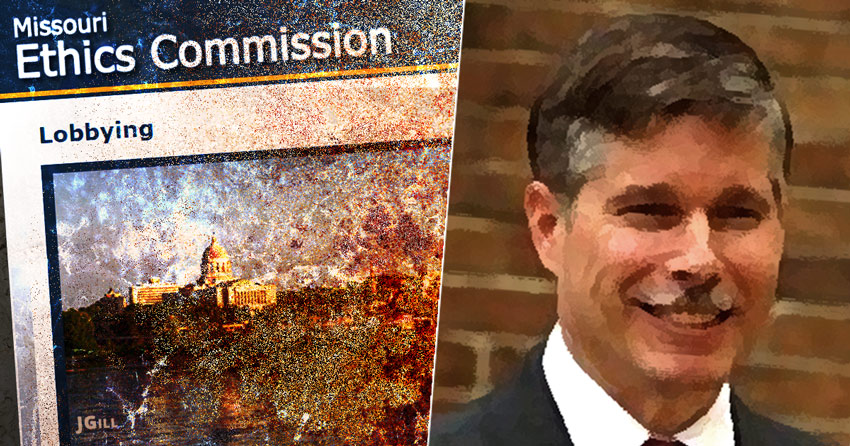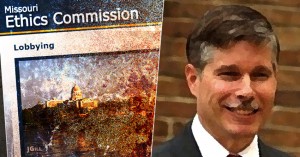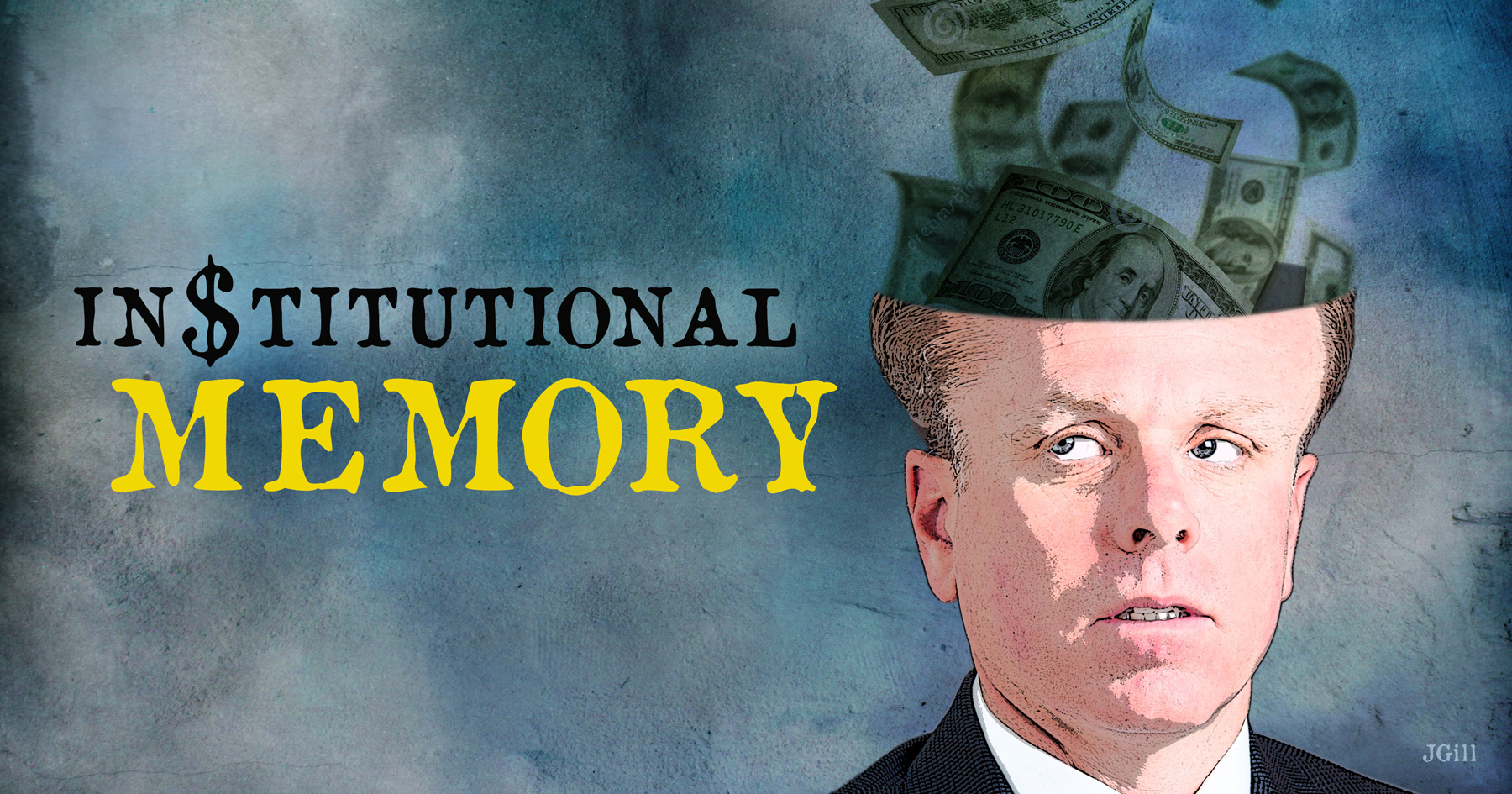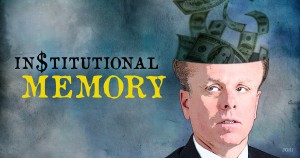Worried about the Deep State undermining democracy in Washington? What about the Deep State in Missouri?
Today, Ron Calzone will sit in a St. Louis courtroom with his wife, Anne, intently listening to arguments in his case, Calzone v. Missouri Ethics Commission, before the entire Eighth Circuit Court of Appeals.
In what sort of evil corruption has Mr. Calzone been engaged?
Good citizenship.
Talk about an open-and-shut case! For zero pay, Calzone and others — organized through Missouri First — track legislation and communicate their viewpoints to their state representatives, urging legislators to follow a constitutional, limited government philosophy. The group gives no gifts to legislators, only their opinions, and spends no money. Doesn’t even have a bank account.
This is the sort of wholesome citizen participation envisioned in civics textbooks. But politicians see engaged citizens, like Ron, as pests, infesting their capitols.
In 2014, angered by the grassroots input Calzone had generated, two state legislators convinced the Missouri Society of Governmental Consultants (the state’s “lobbyist guild”) to file an ethics complaint against Ron, demanding he register as a lobbyist. At the measly cost of $10 a year.
Calzone can afford the Hamilton, but refused, on principle, to pay it or to register as a lobbyist. Thankfully, great lawyers at the Freedom Center of Missouri and the Institute for Free Speech have come to his defense.
Laws regulating lobbyists have been enacted to check the influence of rich, powerful special interests. Or so the powerful interests tell us.
Instead, politicians and bureaucrats are twisting the law, trying to block grassroots citizens.
It is time to deep six Deep States.
This is Common Sense. I’m Paul Jacob.
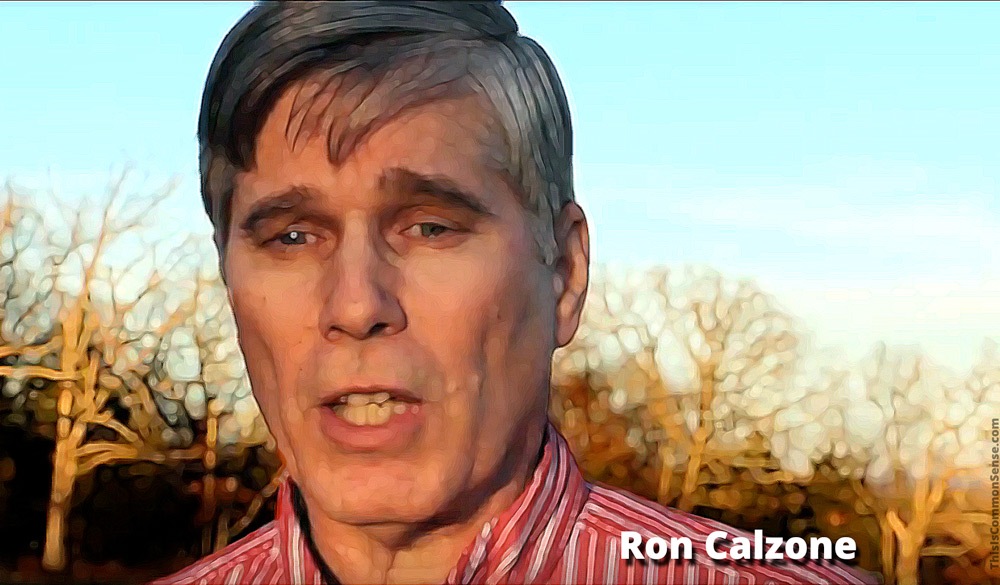
—
See all recent commentary
(simplified and organized)

